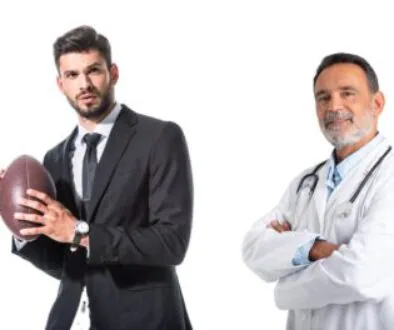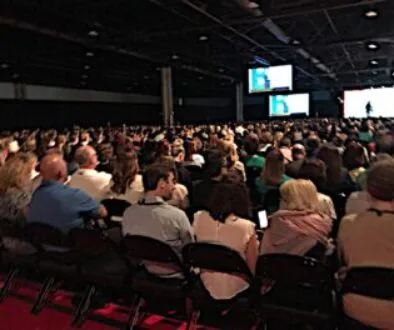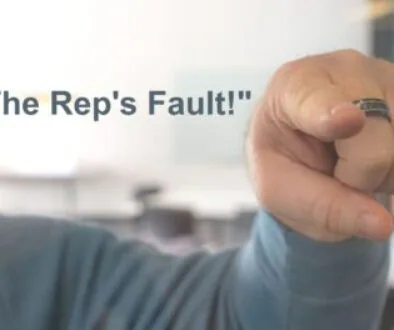Successful Medical & Pharma Sales Should Not Be Based On Lunch?
Have healthcare customers been influenced by “the perks” of the business?
As we all know, some have been while others have not.
When the AdvaMed (Advanced Medical Technology Association) Code of Ethics for
Interaction with Health Care Professionals became effective in January 2004, it
changed the way many medical device and pharmaceutical companies did business.
Prior to that date, sending physicians to courses at posh resorts one or more times
each year was standard operating procedure. In many segments of the industry, all of
the competing companies were involved. It was a great way for manufacturers to
showcase their wares and capture the physician’s attention without the distractions of
his or her practice.
Investing in these trips was considered the cost of doing business for many medical
device and pharmaceutical reps. While the companies would often pick up the tab for
these jaunts, many representatives would have to cover the costs themselves. When
one is “gambling” hundreds, or even thousands of dollars on a customer with no
guarantee of a return on investment, many were glad to see the practice become
restricted.
But what is the effect when you can’t even buy a customer lunch? There has been
some buzz as of late regarding the practice of pharmaceutical reps bringing breakfast
and lunches into their physician customers’ offices. Many believe that even a simple,
relatively modest amenity such as this influences physicians to prescribe drugs based
on an “air of obligation” as opposed to good decision making.
Regardless of the outcome of those who seek to keep health care sales
representatives from influencing customers with trips, gifts, or food, many reps fear that
it will have a negative impact on their businesses. My belief is just the opposite. I believe
that it will level the playing field and favor those who can sell, build relationships, and
provide excellent service to the customer.
The best selling environment has always been one where the business went to the
sales person who had the best product, did the best job of presenting that product, and
then took care of the customer. If you worked for a company that didn’t open its wallet
for you to send your customers skiing in Aspen or wine tasting in Napa, then there were
some levels of the business where you just could not compete. Much of that has ended.
But what can one do about losing the contact opportunity that comes with bringing
lunch to a doctor’s office? This was always a sure way to obtain at least a few minutes
of face time when nothing else worked. What can take its place?
Just as before, sales people still have to find or create selling opportunities. As long as
problems exist for which you and your company have solutions, there will always be a
way to reach the customer.
If you sell pharmaceuticals, the physician will always want and need samples to give his
patients. Create the expectation of spending time with the doctor at least a few times
each month or quarter if he plans on receiving his supply of samples. Let him know
that you value his time by presenting your product in an efficient manner that communicates
benefits for him and his patients.
If you sell medical devices, your job, as before, is to identify problems and communicate
to the physician that you have solutions. If you do this well, he will schedule time to see
you.
Rejoice in the fact that many of your competitors are going to have to find new ways in
the door as well. Make sure that you are up to the task of effectively reaching the
customer despite any barriers that may intervene.
And for all of your competitors who had it too good for too long because of deeper
pockets than yours…it’s time to eat their lunch!


